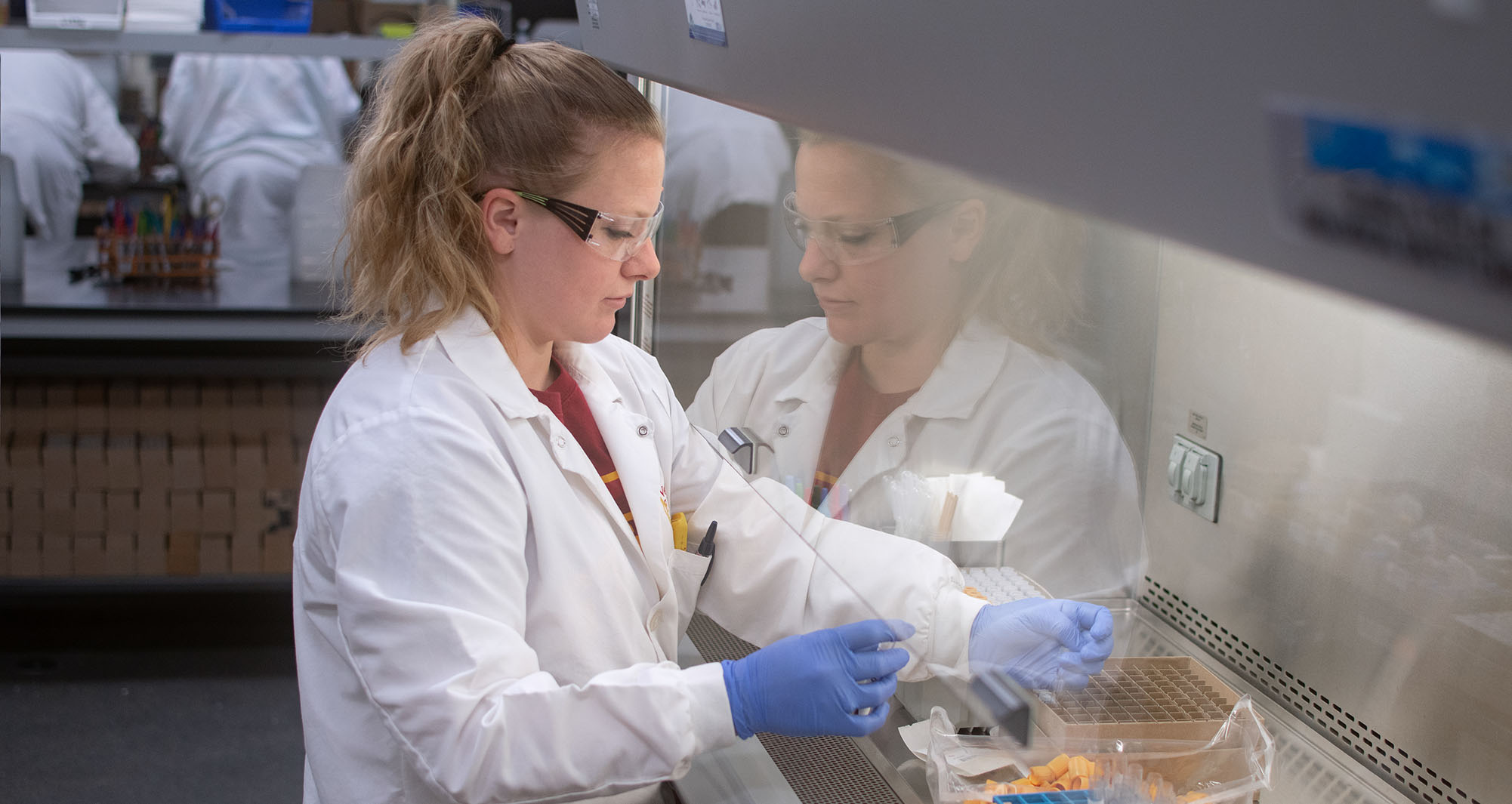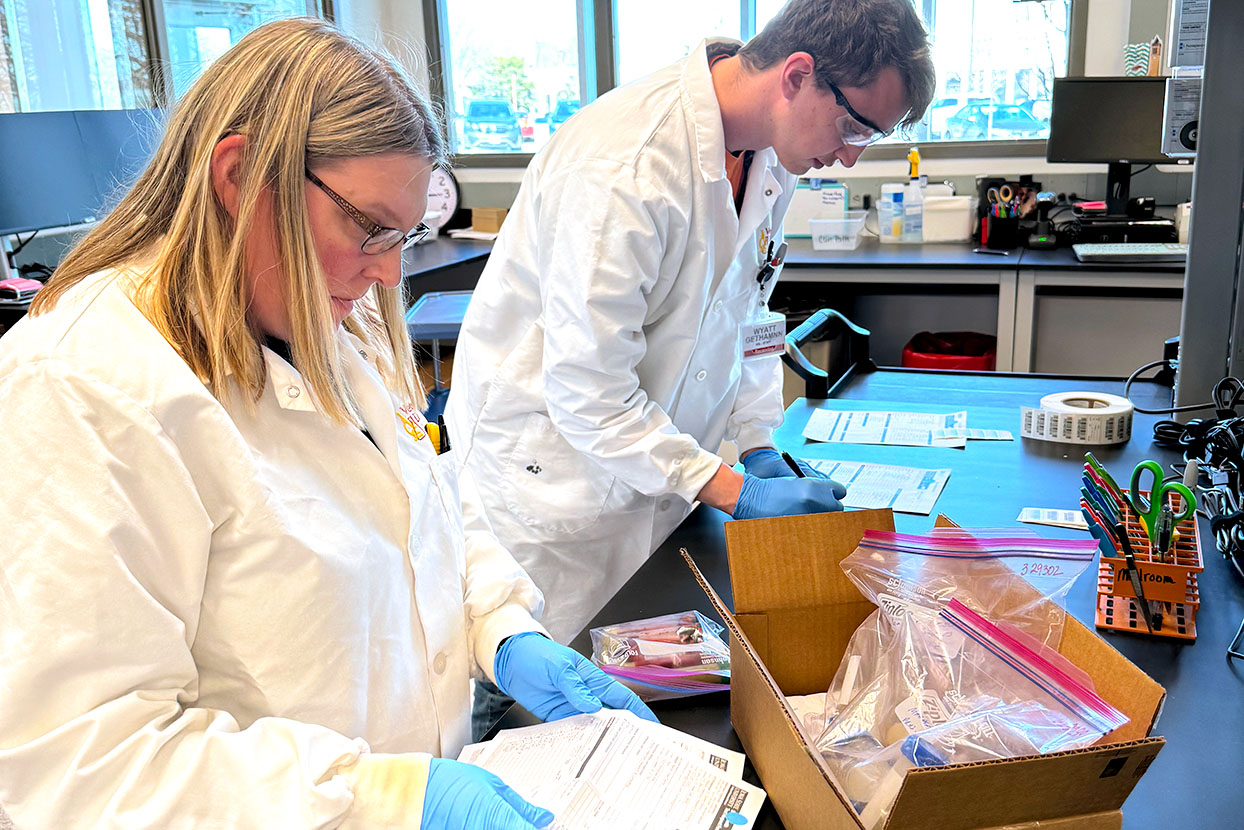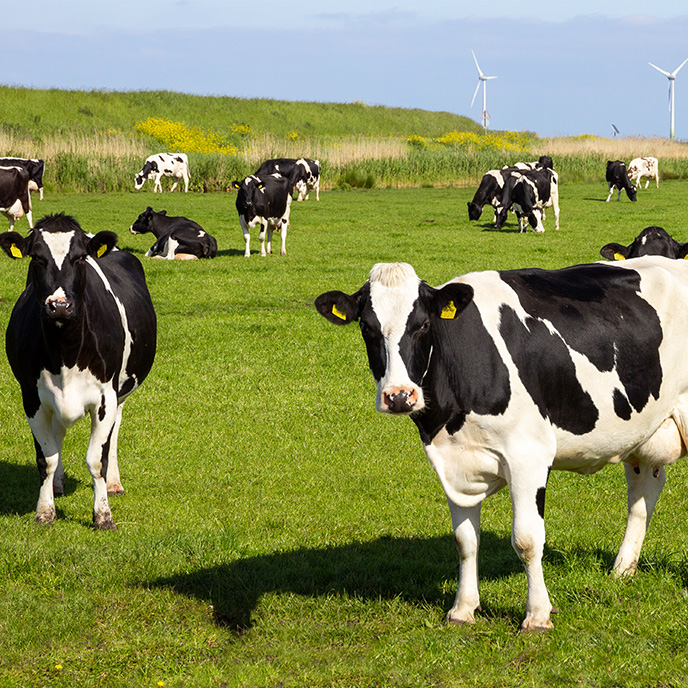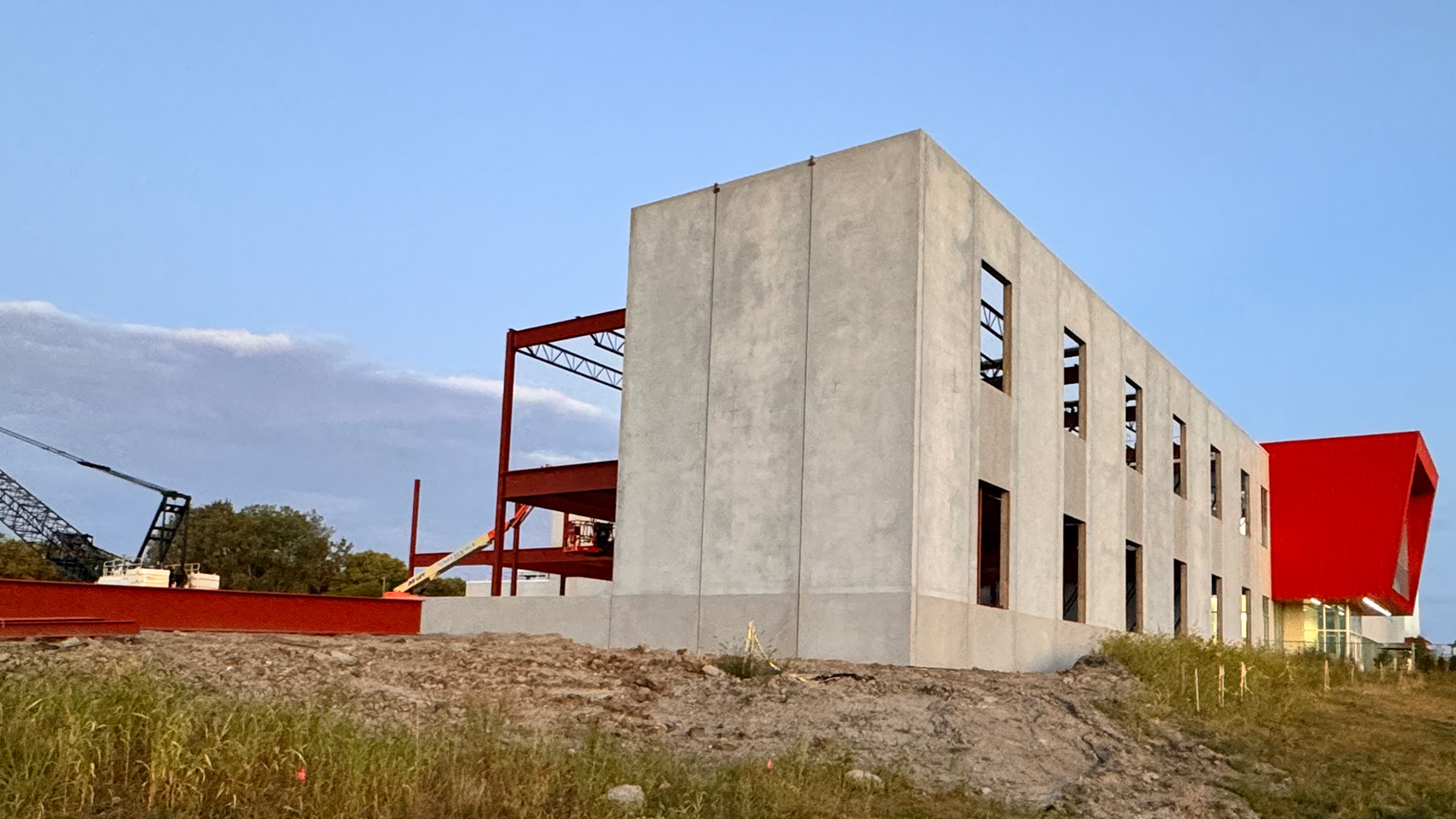Applying world-class technology to real-world problems
A national leader in protecting animal and human health, the full-service laboratories at the VDL process upwards of 127,000 cases each year and conduct more than 1.7 million tests annually.
Fully accredited by the American Association of Veterinary Laboratory Diagnosticians, the VDL provides quality diagnostic services for animal species, including necropsy, bacteriology, serology, histopathology, virology, parasitology, molecular diagnostics, and toxicology as well as offering analytical services.








